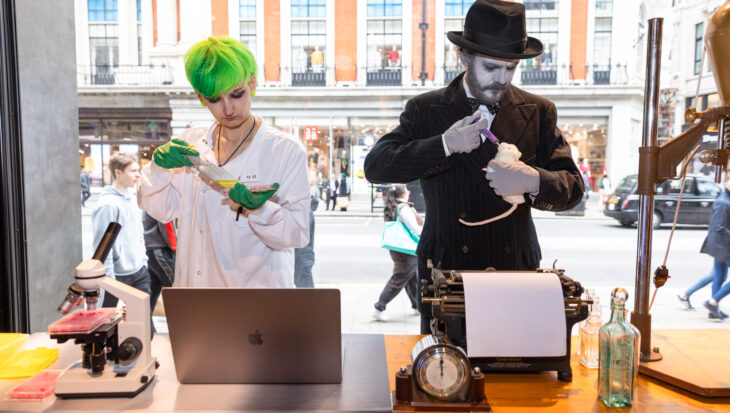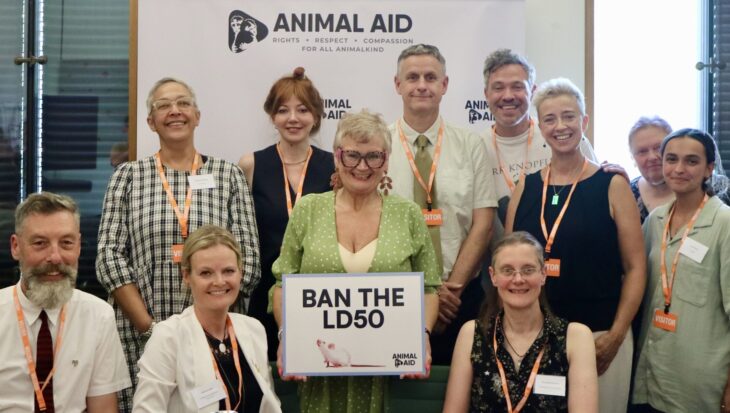With just seconds before the item was due on air, the JC’s then chief vet, Dr Peter Webbon, refused to debate Animal Aid’s horse racing consultant. The BBC responded by running a soft 4min. 33 sec. interview with Webbon and ditching Animal Aid’s Dene Stansall. A Today editor subsequently falsely claimed that Stansall was dropped because the programme had ‘run out of time’. He also refused to allow Animal Aid’s views on the fatalities to be heard later in that programme or in any subsequent edition of Today.
The Animal Aid complaint was dismissed at several levels of the BBC hierarchy, until finally being upheld by the new Editorial Standards Committee (ESC). In announcing its findings today (Thursday), the ESC says it intends writing to the national campaign group to apologise for the BBC’s ‘incorrect explanation, and for the decision to completely drop the Animal Aid consultant’. The Committee’s chairman will also demand a ‘review of the incident’ from the Deputy Director General ‘to ensure that the appropriate lessons are learned’.
Eleven horses died as a result of injuries sustained during the 2006 four-day Cheltenham meeting. In the less than rigorous interview to which the Jockey Club official was ‘subjected’ he was allowed to create the impression that the deaths were an unfortunate and unforeseen ‘accident’. The reality is that they were part of a pattern of routine racecourse fatalities and injuries across the country, with Cheltenham being the most deadly course of all.
Animal Aid was well-placed to set the Cheltenham fatalities in context, given that it has produced several detailed reports since 2000, examining welfare problems associated with the breeding, racing, training and disposal of commercially ‘unproductive’ Thoroughbreds.
In a letter to the ESC, the BBC’s final adjudicating body, Animal Aid noted: ‘There is precious little coverage of race horse fatalities in the national media, let alone analysis of the causes. The BBC, in our view, should play a constructive role in remedying this deficiency, irrespective of the fact that it invests heavily in buying the rights to present horse racing as benign entertainment.’
Says Animal Aid Director, Andrew Tyler:
‘We very much welcome the ESC’s findings. We were determined to persist with this complaint on behalf of the hundreds of horses raced to death in Britain every year and the greater number who are slaughtered as “surplus”. Their case is rarely heard. The Jockey Club should never have been given an effective veto as to who is to make a case on behalf of Thoroughbred horses – least of all on the Today programme, which prides itself on a robust, independent approach. The horse victims were betrayed, BBC listeners were sold short, Animal Aid was treated badly, and the Today programme allowed itself to be manipulated and dictated to by an organisation that should have been held to account.’
Notes to editors
More information
- For full background and interviews, contact Andrew Tyler on 01732 364546.
- ISDN line available for broadcast-quality interviews.
- Images are available on request.


